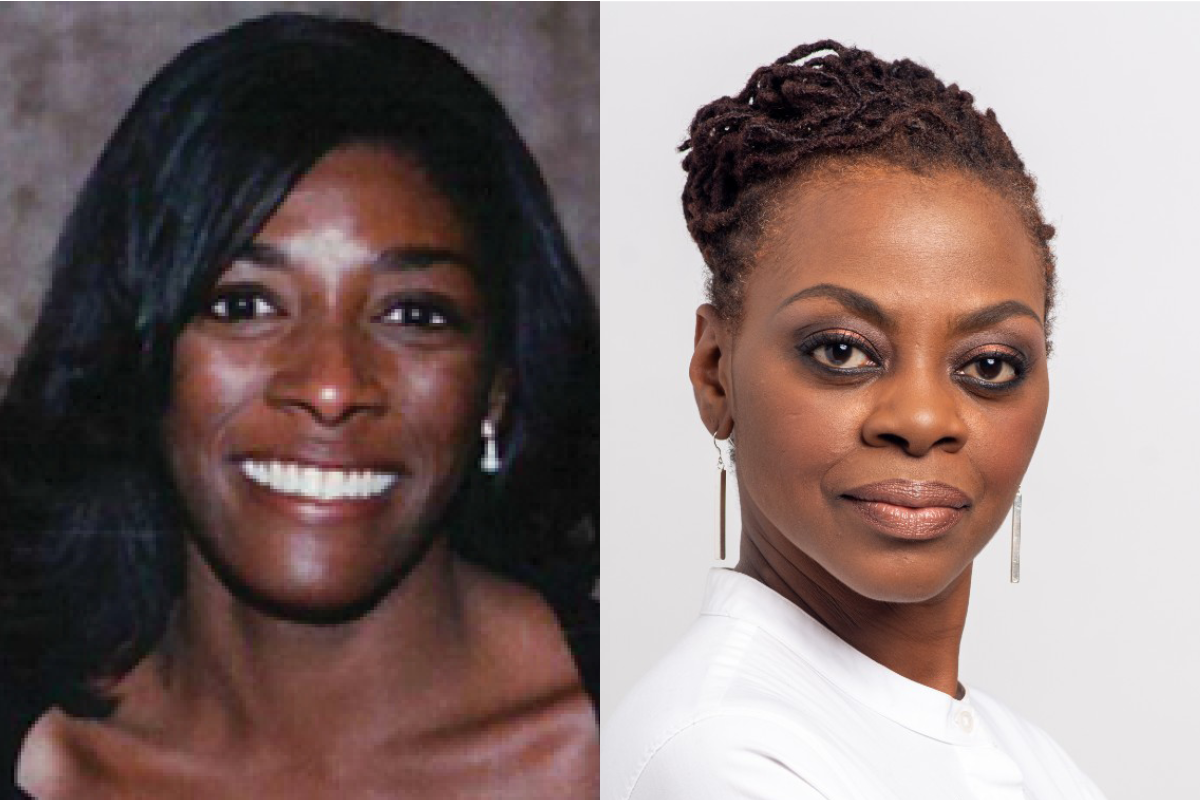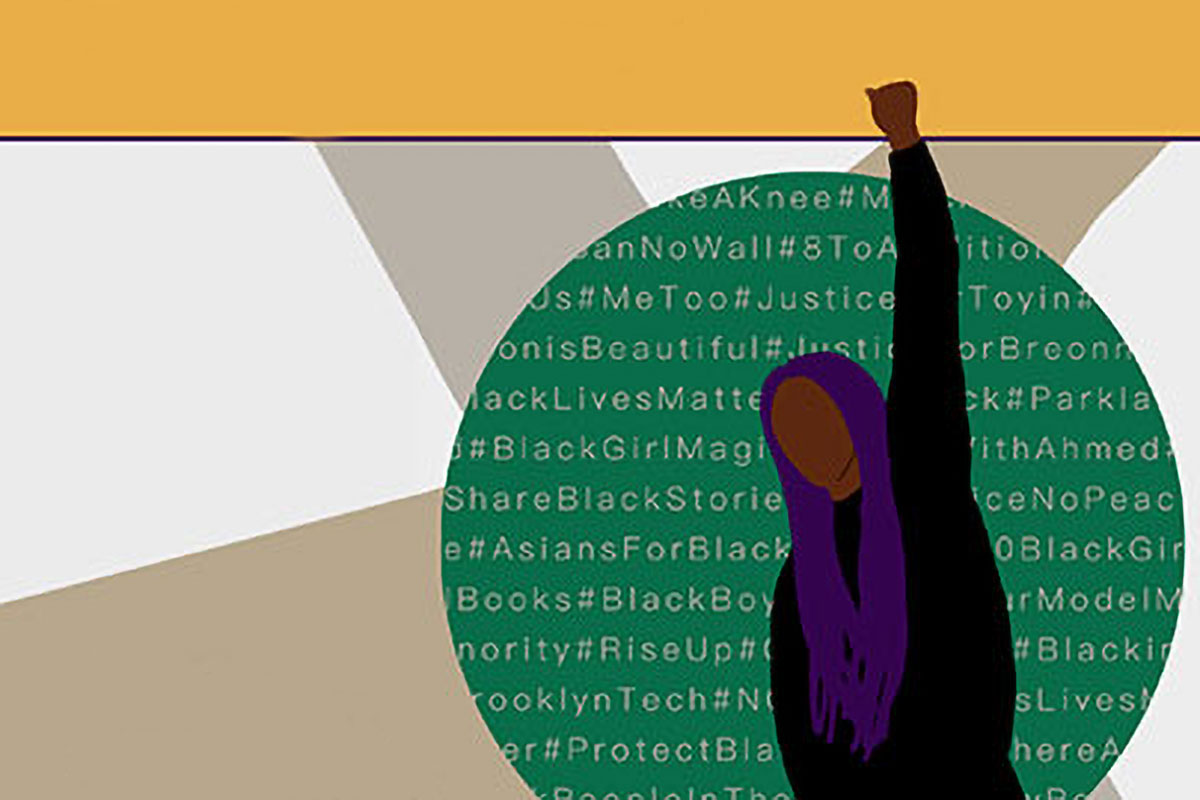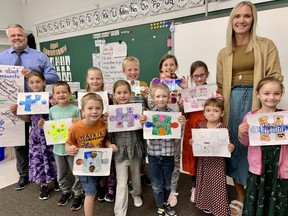For lecturers to meaningfully have interaction with college students in our advanced world, they need to leverage racial and digital literacy within the classroom. That’s the case that TC’s Yolanda Sealey-Ruiz – Affiliate Professor of English Schooling – and former TC school member Detra Value-Dennis construct all through their extensively lauded Advancing Racial Literacies in Trainer Schooling: Activism for Fairness in Digital Areas (2021).
For this work and the authors’ “dedication and dedication to advancing literacy, [and] the sector of training,” the Nationwide Council of Academics of English has bestowed the pair with the David H. Russell Award for Distinguished Analysis within the Educating of English, one in all NCTE’s highest honors. Moreover, the Initiative for Literacy within the Digital Age named Value-Dennis and Sealey-Ruiz as recipients of The Divergent Award for Excellence in Literacy within the Digital Age Analysis. The collaborators might be formally acknowledged for his or her honors in November at NCTE’s annual convention and in early 2023.

Detra Value-Dennis, Affiliate Professor of Communication, Media and Studying Expertise Design, and Yolanda Sealey-Ruiz, Affiliate Professor of English Schooling. (Images: TC Archives)
“Academics have to do work round their very own racial and digital literacy,” Sealey-Ruiz mentioned. “They’ll’t afford to say, ‘I’m not technology-oriented.’ You is probably not as fast as your college students, however you must construct this literacy, as a result of not solely are college students utilizing know-how each day, they’re studying about racial points and changing into engaged in them although on-line areas similar to #BLM.”
In honor of Sealey-Ruiz and Value-Dennis’ current accolades, discover key takeaways from the groundbreaking Advancing Racial Literacies in Trainer Schooling: Activism for Fairness in Digital Areas beneath.
“Academics who’re capable of have interaction their college students efficiently within the matter of race are only once they have engaged in self-exploration and trustworthy assessments of their function in perpetuating racist concepts,” write Value-Dennis – now Professor of Educating and Studying at Ohio State College – and Sealey-Ruiz within the ebook.
Along with providing relevant steerage round trainer training and classroom instruments, the TC authors provide a information for conducting what Sealey-Ruiz has termed “the Archaeology of Self™ ” — a course of wherein educators look at their very own biases and attitudes.
“Educating is being open to different folks’s tales. However you must know your individual story,” Sealey-Ruiz says. “When you’re not conscious of who you’re and what you deliver to the classroom, and should you don’t suppose deeply about how problems with race, gender, class and faith reside within you, you’ll simply precise hurt.”

In Advancing Racial Literacies in Trainer Schooling: Activism for Fairness in Digital Areas, Value-Dennis and Sealey-Ruiz lead “an interdisciplinary dialog that facilities race in educating and studying in a digitally pushed world.” (Cowl artwork courtesy of TC Press)
Racial literacy is tied to digital literacy due to the very-real world points college students are coping with inside and out of doors of the classroom. Academics are connecting with college students “in a time the place digital areas have reworked the tactic by which residents protest and communicate again to the social injustices they witness in society,” write Value-Dennis and Sealey-Ruiz. The “merging [of] social motion with social media in class areas” displays the truth that “children live by way of racism and oppression, they usually need the instruments to cope with it.”
An instance of such trainer training unfolded throughout a course that Sealey-Ruiz and graduate assistant Shamari Reid taught in 2021, “Politics of Educating English – Black Lives Matter: A Multimodal Exploration,” wherein the Black Lives Matter motion served as a method “to each train in regards to the motion and interact trainer training college students with literacy round digital activism.” With coaching in each racial and digital literacy, educators can “be sure that college students are capable of acknowledge, reply to, and counter racism, no matter whether or not the interactions are face-to-face or in digital areas.”
“Expertise is just not colorblind or race-neutral. Each system, platform, app, or software program we use in our society was created by human beings who introduced their understanding of humanity and race to their work,” write Value-Dennis and Sealey-Ruiz.
That is demonstrated in tech failures such because the long-standing shortcomings of images in capturing non-white pores and skin; the inaccuracy of facial recognition software program when used on Black faces; and risk-assessment software program utilized by legislation enforcement and banks.
In a course that Sealey-Ruiz and Value-Dennis taught final spring, the pair aimed to supply educators a possibility to look at “racial literacy in digital contexts,” a subject the 2 broaden upon of their ebook as properly.
Study extra about Value-Dennis and Sealey-Ruiz’s fashionable work about Advancing Racial Literacies in Trainer Schooling: Activism for Fairness in Digital Areas.
